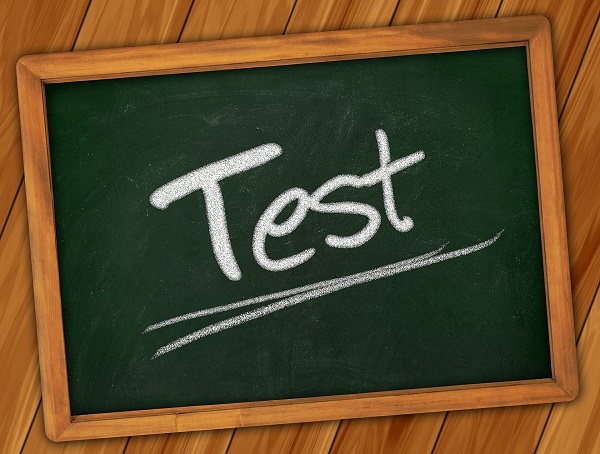Before you can use a master’s in reading and literacy – one of the 50 highest paying master’s degrees – to become a reading specialist, you may need some additional professional credentials. Many states require school reading specialists to acquire certain certifications, endorsements or licenses to work in this specialized area of instruction. In most cases, earning your master’s degree in reading and literacy won’t allow you to skip taking professional certification exams altogether. However, a graduate program in reading and literacy will help you satisfy eligibility requirements for certification and gain the knowledge you need to pass whatever tests are required in your state.
Getting Certified as a Reading Specialist
What do you need to be a certified reading specialist? Each state sets its own requirements for reading specialist certification, but in most states, you must meet education and experience criteria, as well as having or qualifying for a teaching license or certification. Reading specialists typically need a master’s degree or at least some graduate coursework in the field. Often, they must also have at least a couple of years of teaching experience.
Besides coursework and experience, a passing score on a professional certification exam is usually required to become a certified reading specialist. Different states use different tests. Some states, like Illinois and Texas, establish their own certification exams for reading specialists (the Reading Specialist Illinois Licensure Testing System, or ILTS, and the Texas Examinations of Educator Standards, or TExES, Reading Specialist Exam, respectively). Other states use the Praxis Reading Specialist Test, administered by the same testing company that is widely used to confer teaching certification.
It’s important for aspiring reading specialists to understand their state’s requirements, including which exam they need to take. If you pursue your degree in a different state from the one where you intend to get certified, even if you do so online, your program might not meet all of your state’s requirements or cover the subject matter you will encounter on the exam.
Students in a reading and literacy program that prepares them for certification typically gain more hands-on experience through one or more practicum experiences embedded into the curriculum.
Meeting Certification Eligibility Requirements
Without earning your master’s degree in reading and literacy, you likely won’t even qualify to pursue certification. Many states and school districts expect or require reading and literacy specialists to have a master’s degree, according to U.S. News & World Report. Graduate students who already have a master’s degree in teaching or education may opt to pursue a certificate or endorsement program in reading and literacy, rather than an entire master’s degree program.
A certificate or endorsement program intended for specialized certification of teachers who are already licensed and have previously earned a graduate degree will cover the specialized coursework you need to build skills in the content area of literacy.
IMAGE SOURCE: Pixabay, public domain
Preparing You for the Certification Exam
Although it’s unlikely that you will encounter a situation in which your master’s in reading and literacy degree allows you to bypass taking the certification exam, many graduate programs do the next best thing: prepare you to earn a passing score on this test. Colleges and universities often design the curriculum of their graduate program in reading and literacy to align with the content of their state’s certification exam. This effort helps make sure that students are equipped to perform well on the test and move forward with their career and that school systems within the state are able to find qualified reading specialists to teach their children.
Even though your coursework in a graduate reading and literacy program should reflect the content of the certification exam, you should still plan to study on your own. Students should, for example, become familiar with the format and the types of questions that will appear on their reading specialist exam. The strategies you use to answer multiple-choice or selected-response questions may be different from those that you use to approach open-ended or constructed-response questions. If possible, it’s a good idea to take a practice test to go through the motions of what to expect when you take the real test, as well as to assess your knowledge and make a plan to maximize your remaining study time.
You should also review what will be expected of you when answering questions on a computer-based test compared to a pencil-and-paper test. You wouldn’t want technical mistakes, like clicking on or selecting the wrong response, to compromise your score.
Additional Resources
Do I Need to Have Teaching Experience Before Entering a Program for Reading and Literacy?
What Do You Typically Study in a Master’s Program for Reading and Literacy?
What Traits Does an Admissions Office Look for in Candidates for Reading and Literacy Master’s?

